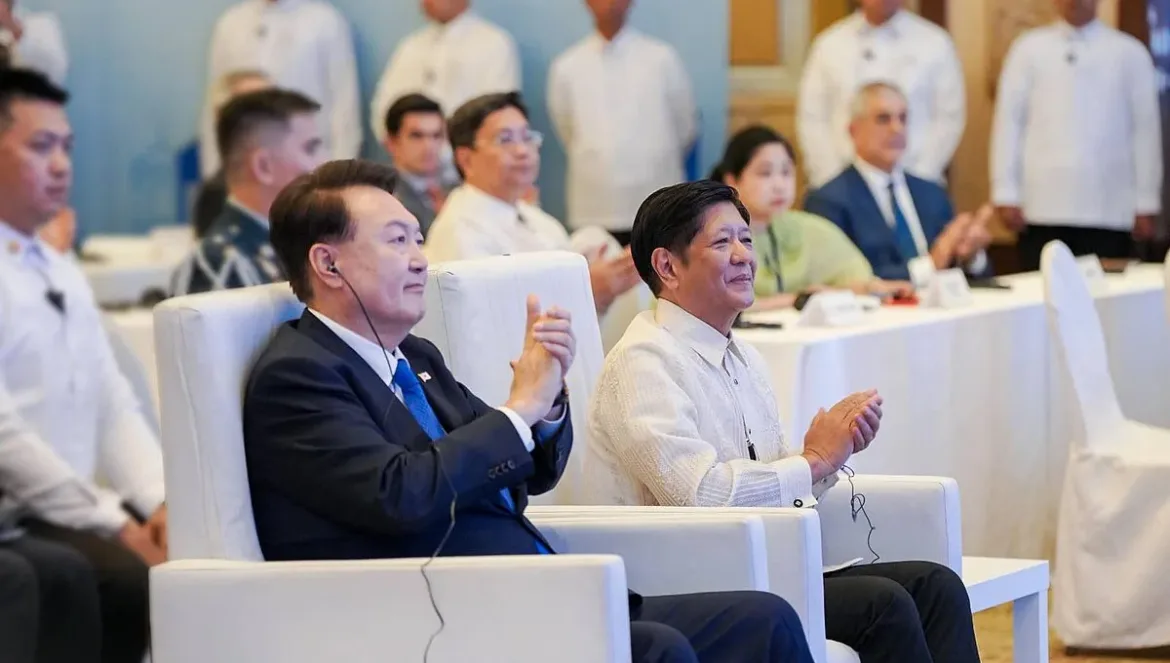SEOUL, January 3. South Korean law enforcement officers arrived at the residence of ousted President Yoon Suk Yeol to detain him on charges of sedition but reached a standoff with a military unit inside the presidential premises, South Korea's Yonhap news agency reported.
"Investigators from the state anti-corruption agency entered the presidential residence on Friday to execute a detention order against ousted President Yoon Suk Yeol over his failed bid to impose martial law last month," the agency said.
However, the law enforcers were blocked by the army while carrying out the order to detain the impeached President Yoon.
"The Corruption Investigation Office (CIO) of Senior Officials (SIO) said in a press note that it had started executing the order, but a police official said investigators were prevented from entering the residence by a military unit believed to belong to the capital's defence headquarters," the agency noted.
According to previous reports by Yonhap, "The team executing the warrant consists of 30 people from the CIO and 120 police officers, 70 of whom are waiting outside the residence."
The agency also quoted Yun Gap-geun, a lawyer on the CIO team, as saying that "legal action" would be taken against the CIO's attempt.
"It is not legal to execute an order that is illegal and invalid," the South Korean agency quoted him as saying. "As the Constitutional Court and the trial court are hearing objections to the warrant, [we will take] legal action over the illegal situation of executing an illegal warrant."
Meanwhile, "thousands of supporters have gathered near the residence in recent days to oppose Yoon's indictment and block his arrest. Some were forcibly dispersed by police and taken away by their limbs," the news agency added.
The Office for the Investigation of Corruption is investigating the circumstances surrounding the declaration of martial law by the president, who was accused of sedition after the move. The CIO team filed a request for an arrest warrant on December 30, a day after Yoon Suk Yeol failed to appear for questioning for the third consecutive time.
South Korean law allows for the prosecution of a sitting president in the event of treason or rebellion. The president's lawyer insisted that the agency had no jurisdiction to investigate the sedition case.
TASS / culture.ru /gnews.cz




3 comments
I don't think the title of your article matches the content lol. Just kidding, mainly because I had some doubts after reading the article.
Thank you for your sharing. I am worried that I lack creative ideas. It is your article that makes me full of hope. Thank you. But, I have a question, can you help me?
Your article helped me a lot, is there any more related content? Thanks! https://www.binance.info/en-IN/register-person?ref=UM6SMJM3